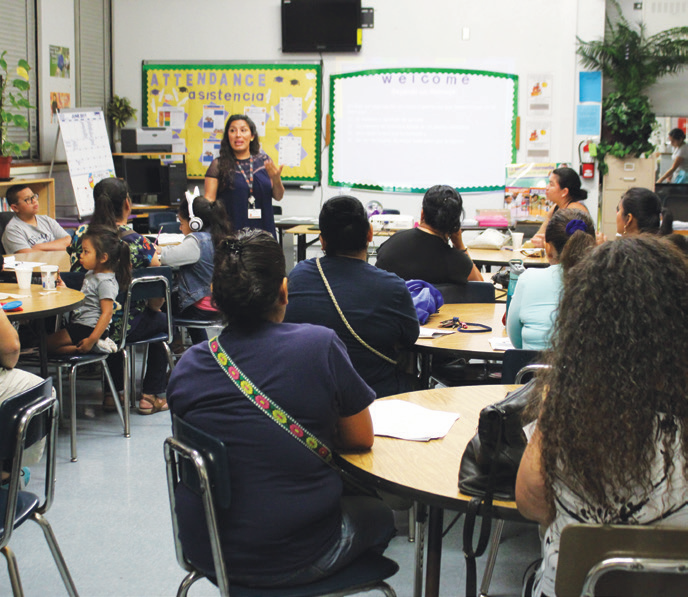
Why the program was developed
Despite making up a substantial part of the U.S. population (40%) and bearing the greatest burden of chronic disease including cancer and cardiovascular disease, racial/ethnic minorities only constitute 18-31% of clinical trial participants. Low accrual rates for clinical trials among racial and ethnic minorities likely contribute to preventable disparities in treatment outcomes and survival rates, by limiting the generalizability of research findings. As such, it is important to address the barriers to participation for both research staff and participants, and embrace practices that show potential for increasing accrual rates. Common barriers to participation in clinical research are varied and include: misconceptions and a lack of knowledge and about the research process, mistrust and fear of research and researchers, and fewer resources to access research opportunities (e.g., transportation, free time, regular access to care or health insurance). To address these disparities, SC CTSI developed the Research Ambassador Program (RAP).
Purpose of the program
RAP is designed for underserved and underrepresented communities, particularly Latino and African American populations. Using a community and data-driven approach, the SC CTSI Community Engagement program designed RAP as an educational program to be delivered by promotoras de salud. Promotoras are Latina community health workers who are defined as highly trained community leaders, and are characterized by servicio del corazon — or service from the heart. Promotoras have been a part of a variety of health promotion programs in the United States, and have demonstrated success in changing community knowledge and behaviors around different health issues. Through close relationships in their communities, promotoras have built trusting relationships with families, something invaluable for public health research and promotion. The ultimate goal of this program is to reduce health disparities among Latinos in Southern California through the integration of Latinos into clinical research.
How are the communities being engaged
The RAP program consists of a curriculum developed in partnership with several Community Engagement programs in Southern California. Staff and investigators from four academic institutions and one community-based organization worked together to develop a “Research 101” curriculum that could be taught in community settings. Based on literature reviews and formative research, this group identified three primary areas of focus: 1) addressing myths and fears about research; 2) increasing scientific literacy about how clinical research is conducted; and 3) informing potential participants of their rights as a research participant. The resulting curriculum was adapted into a more succinct and digestible format for a workshop presentation.
Piloting of the RAP program was completed from March through June 2017. In summary, promotoras de salud (or Research Ambassadors) conducted outreach in a geographically defined area of South Los Angeles. Outreach included meeting with staff at schools, churches, community centers and other locations in the identified zip codes. Once a location for the workshop was identified, the Research Ambassadors arranged for a pretest administration with interested participants. A week following the pretest, the workshop was presented. Workshops lasted about 90 minutes and included the administration of the posttest. All workshops were conducted in Spanish. A total of 274 individuals completed the pretest and a total of 18 workshops were conducted with 314 participants who then completed the posttest.
Results from the pilot indicate a significant change in knowledge about clinical research. In addition, 65% of the workshop participants indicated intent to register in the SC CTSI research registry. Of those, about half completed the registration process in order to participate in clinical research trials. The piloting indicates that targeted education and promotion about clinical research that is presented by trusted and knowledgeable individuals, such as promotoras de salud, can be effective in addressing fears and concerns about research participation.
Get Community-Based Study Design
Offering new pathways to address the health and social needs across communities in Southern California and beyond.
Click hereGet Participant Recruitment for Community-Based Studies
Connect with community members and organizations
Click hereGet Toolkit for Developing Community Partnerships
This community partnership toolkit outlines the process and approach needed during every phase of community-engaged research including: relationship building, proposal development, project execution and dissemination
Click here